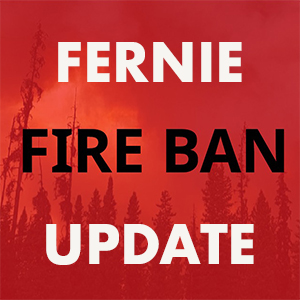
The pandemic highlighted the many benefits of getting outside regularly and connecting with nature.
The Truth and Reconciliation Commission of Canada underlined the need for us to deepen our understanding and knowledge of local Indigenous history, culture, language and land.
The UN Intergovernmental Panel on Climate Change recently shared that “Education on climate change adaptation should be a lifelong learning process that equips learners with the needed practical knowledge, skills, values, and attitudes to live in the new climate realities as well as socio-emotional resilience to face possible climate anxiety”.

Through environmental education, non-profit organizations such as the Columbia Basin Environmental Education Network (CBEEN), Wildsight and dozens of other local groups work tirelessly to address all of these critical pieces, and more. This work supports the sustainability and resilience of our local communities, land, homes and planet. And the people of our region have responded by engaging in these programs and initiatives in record numbers.
Columbia Basin Trust has until recently said that “residents of all ages deserve opportunities to learn about the region they live in and be inspired to take care of it”. However, their current plan is to withdraw all support from all of these programs, initiatives and organizations as they have said that they have heard this is no longer a priority in this region.

If you think environmental education is still a priority we encourage you to have your voice heard at the upcoming community engagement sessions that Columbia Basin Trust has planned for your community, as well as through their online survey:future.ourtrust.org
Until these new priorities are established, we call on the leadership of the Trust to pause the termination of funding for these important programs, initiatives and organizations.
























